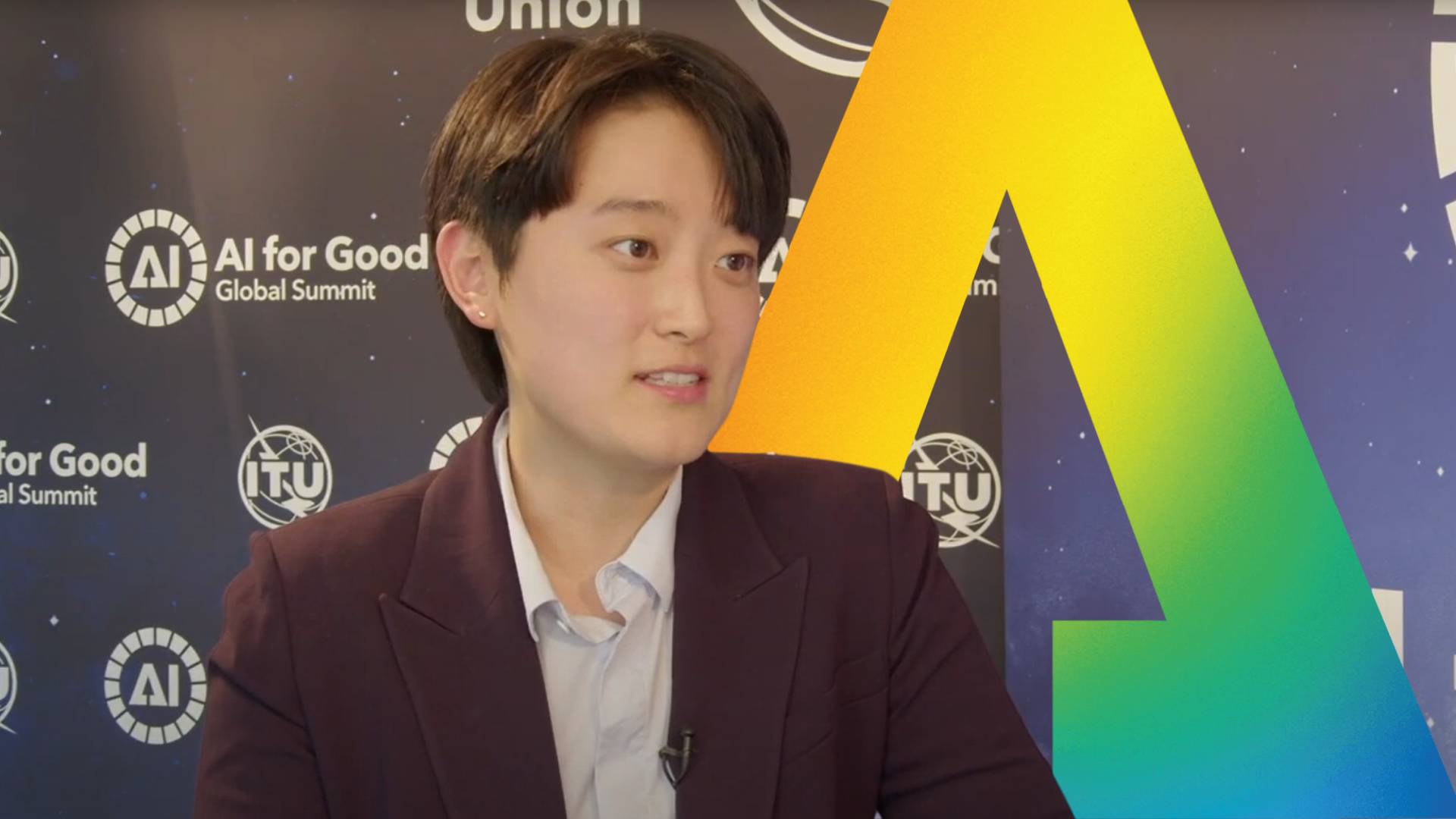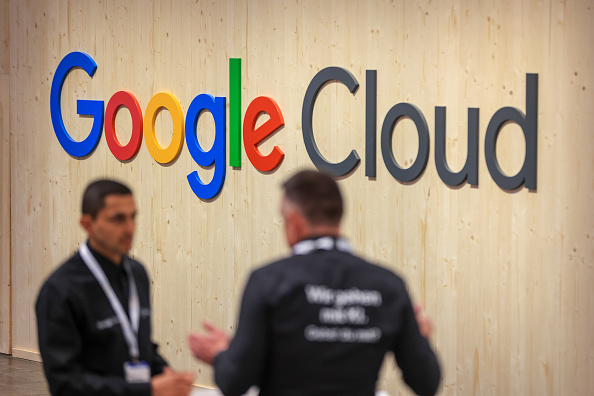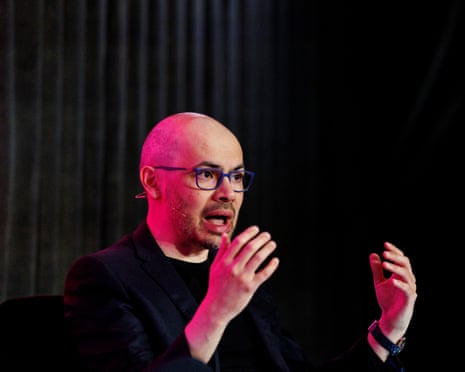Empowering the Future: Youth Engagement in AI Governance Strategies
The AI for Good Global Summit 2024: A Spotlight on Youth and AI Governance
The AI for Good Global Summit 2024, hosted in Geneva, united a remarkable gathering of leaders and innovators from diverse fields to explore the groundbreaking capabilities of artificial intelligence (AI). One of the prominent speakers at the event was Yuna Yang, the Deputy Director of the ICT Policy Division at the Ministry of Science and ICT of the Republic of Korea. Yang shared insightful perspectives on the crucial involvement of youth in AI decision-making and the significance of international collaboration in AI governance.
Yang commenced her talk by highlighting the urgent necessity to engage youth in shaping a future influenced by AI and other emerging technologies. “The future shaped by AI and technologies is for our future, so youth should be included in the decision-making process,” she emphasized. She recognized the often-overlooked voices of young individuals in these discussions—a gap South Korea is actively striving to bridge.
To facilitate this engagement, South Korea has introduced an online platform designed for young people to share their thoughts on digital policies. Yang explained that this initiative allows users to submit feedback, cast votes on various digital initiatives, and propose ideas, thereby ensuring that youth perspectives are integral to policy-making.
When discussing the primary concerns of young individuals today, Yang pointed to the challenges surrounding copyright issues linked to AI-generated content. As generative AI becomes more prevalent in creating artworks, questions about copyright ownership have emerged. This is a global challenge, as existing regulations struggle to keep pace with rapid technological changes, and young people are eager for swift resolutions.
Yang observed the overall attitude of youth towards new technology, noting a significant level of acceptance in South Korea. She attributes this to the country’s reputation as an ICT powerhouse, which has effectively harnessed technological advancements since the information revolution of the 1990s to boost productivity and work efficiency.
Addressing the concern that technology may exacerbate existing inequalities, Yang pointed out the dual impact of generative AI. “Generative AI can bridge the digital divide by making AI technologies more accessible,” she explained, but acknowledged the risks of widening the gap between those who can leverage AI and those who cannot. To combat this, she proposed education programs, training, mentorship initiatives, and even vouchers to enhance AI accessibility.
Reflecting on the parallels between the nascent stages of the internet and the current transformation driven by AI, Yang noted how swiftly AI is altering societal and economic frameworks, similar to the internet’s evolution two decades ago. “AI is changing our way of living and our economic and societal structures in a very rapid way,” she remarked, drawing a compelling comparison with the early days of online technology.
Looking towards the future, Yang expressed her aspirations for actionable plans and implementations emerging from the summit. She underscored the importance of this year’s summit concentrating on turning discussions into tangible actions. Recent international efforts like the G7 Hiroshima process, the EU’s AI Act, and the AI Safety Summit at Bletchley Park reflect significant discussions that now need to converge into clear, effective changes.
Yang emphasized South Korea’s proactive role in AI governance, showcasing the recent AI Seoul Summit, co-hosted with the United Kingdom, where global AI governance principles and cooperation measures were established. She stressed the urgency of proactive governance, stating, “Technology never waits for us, so we should be more proactive and move forward.”
In conclusion, Yang reiterated the necessity of youth involvement and proactive governance in optimizing AI for the greater good. Her insights during the AI for Good Global Summit exemplify Korea’s commitment to inclusive and progressive AI policies. By prioritizing youth engagement and fostering international collaboration, South Korea envisions a future where AI advancements are ethical, inclusive, and beneficial for society as a whole.
Yuna Yang’s contributions at the summit reflect the transformative promise of AI and highlight the essential role of inclusive decision-making in shaping its future. Her approach to AI governance combines technological innovation with a robust ethical framework, paving the way for secure, transparent, and equitable advancements in AI technology. As AI evolves, the strategies and policies advocated by Yang offer a roadmap for utilizing technology to enrich society.







